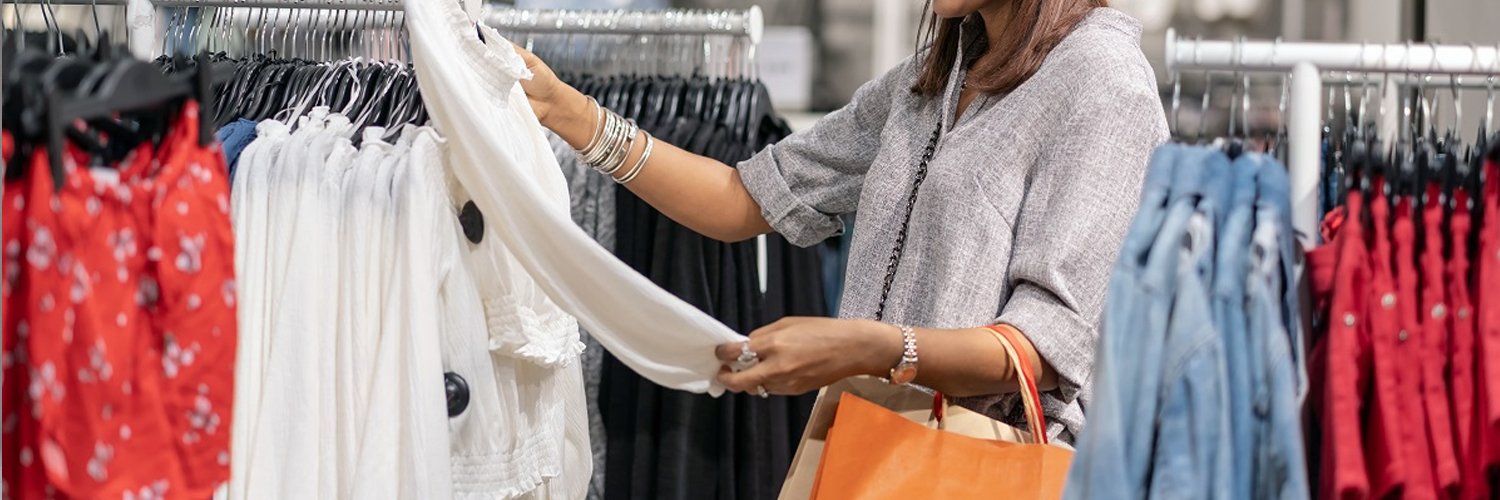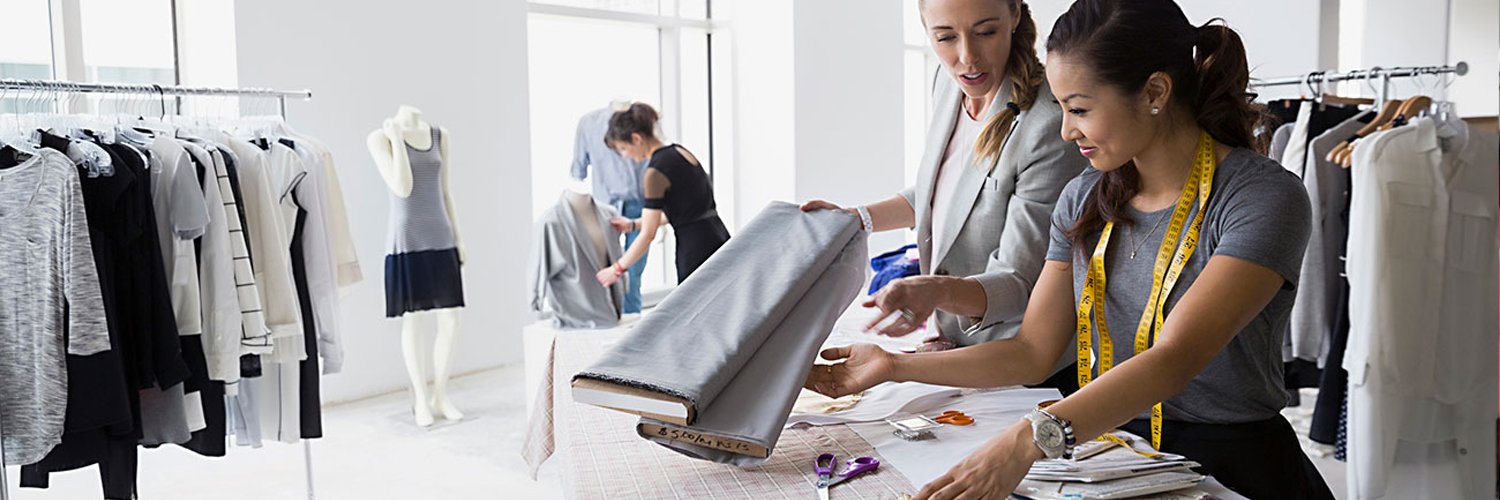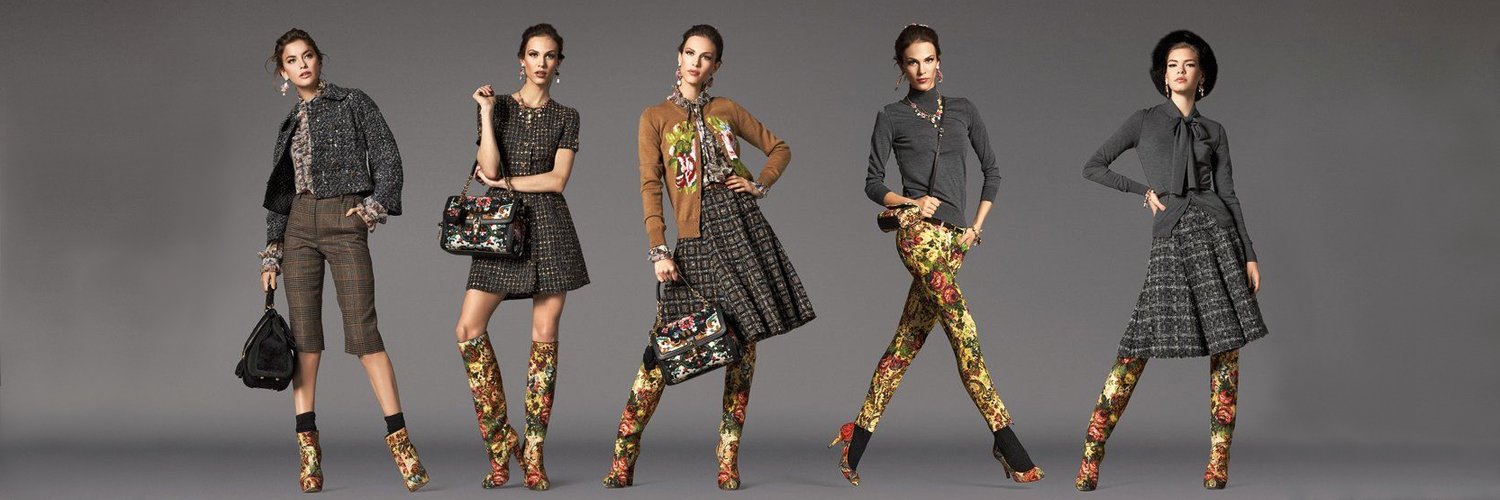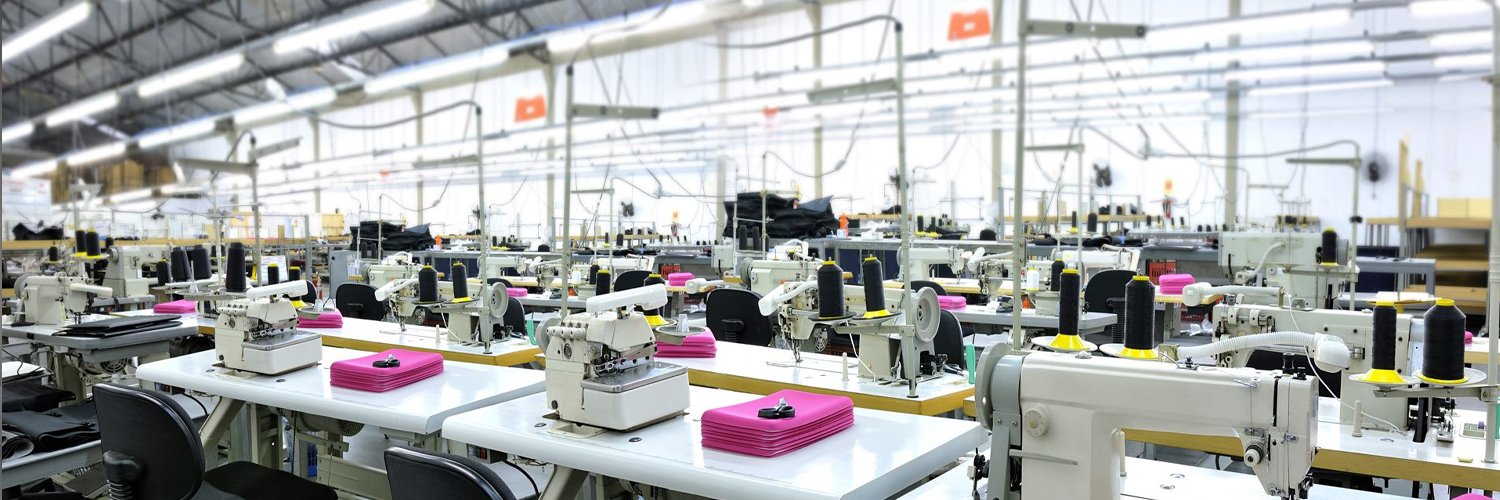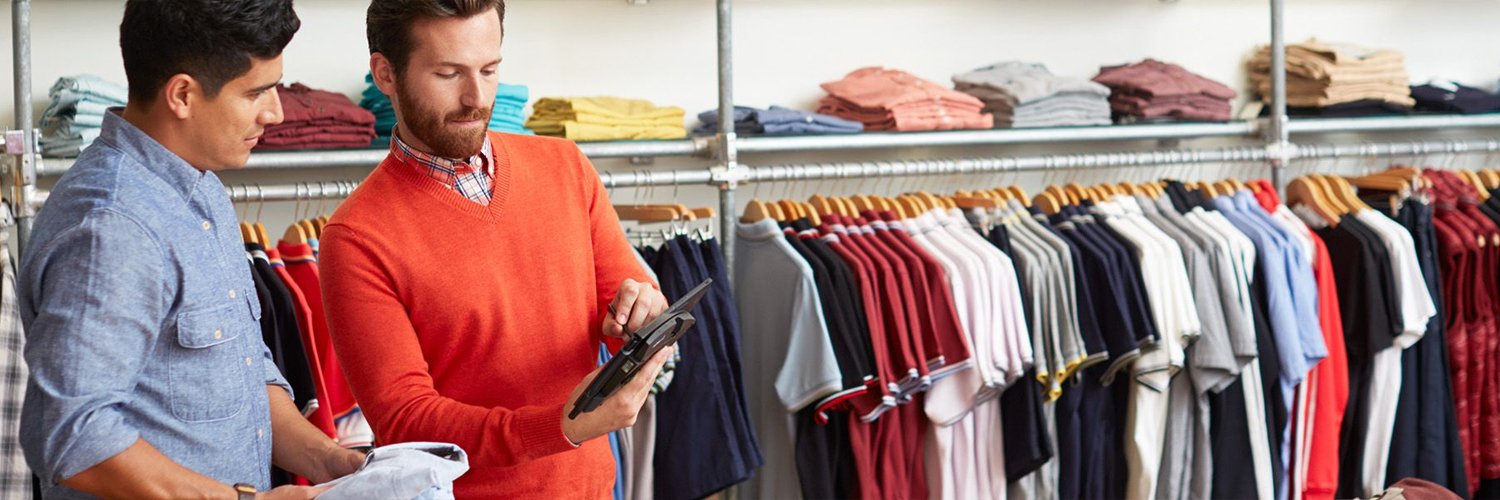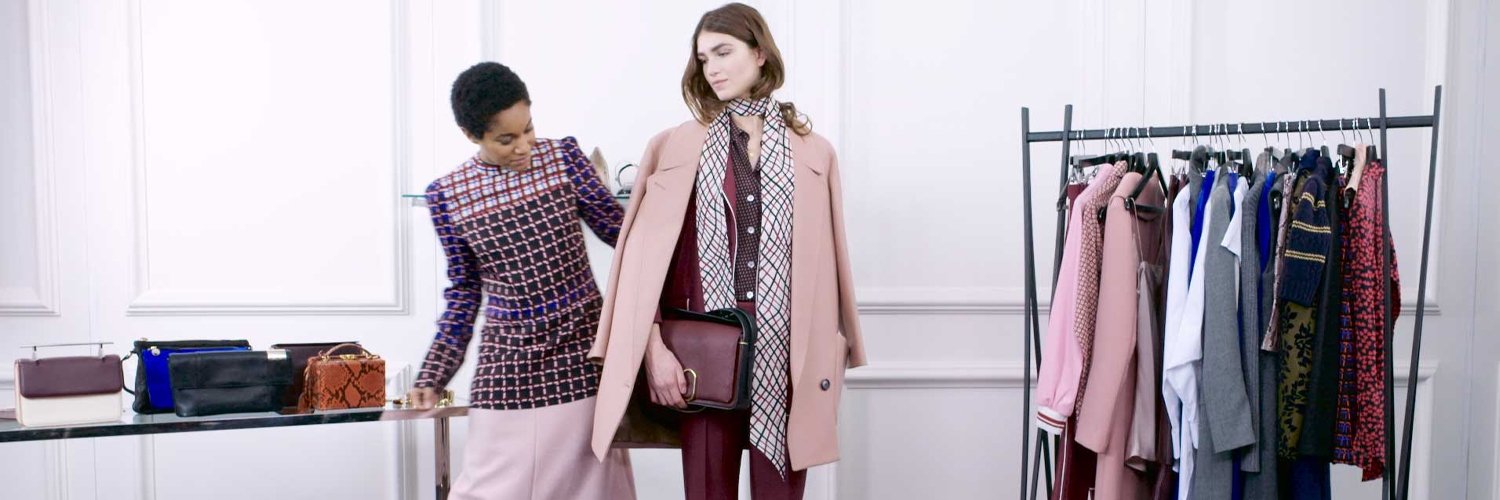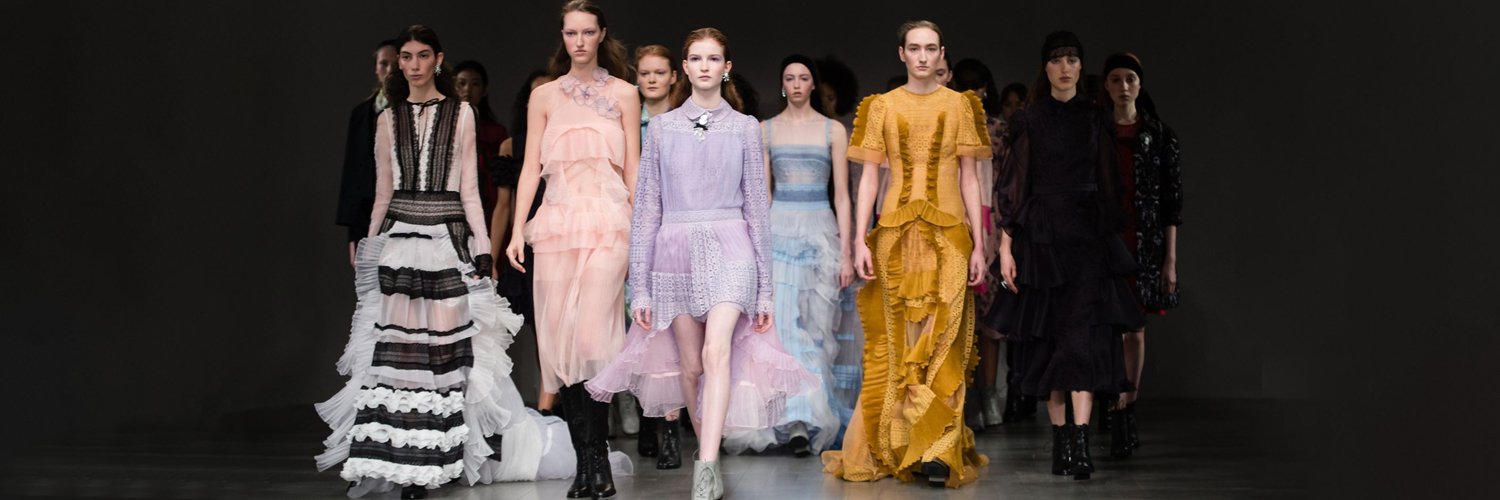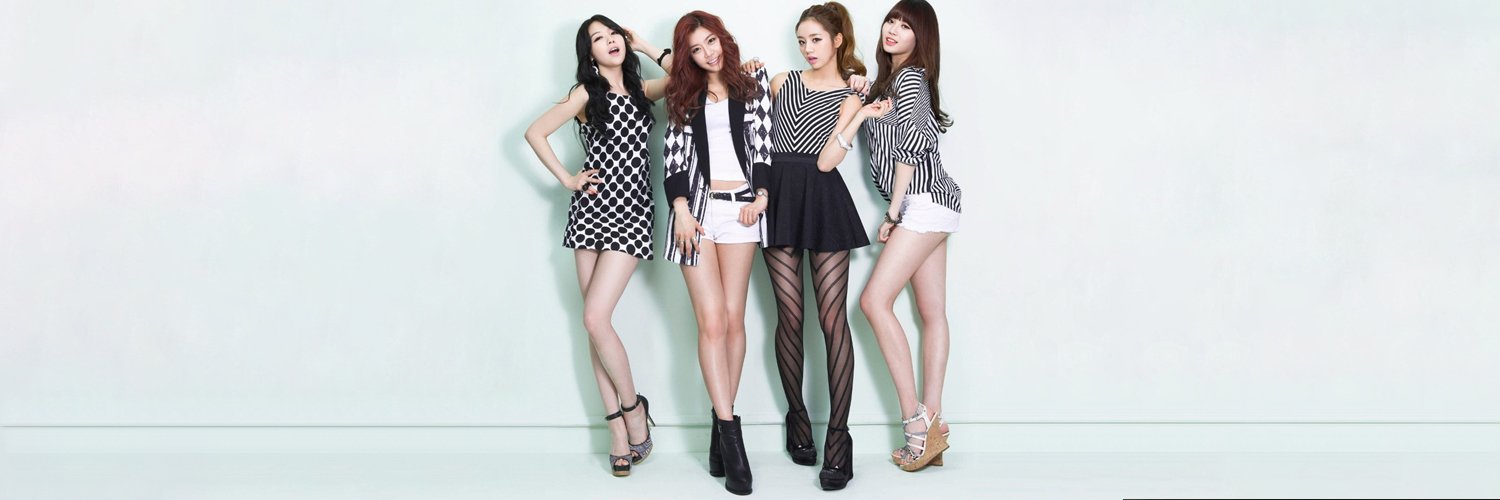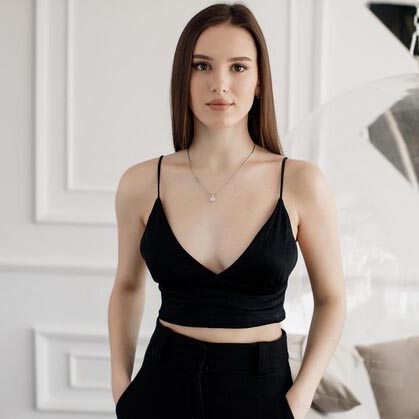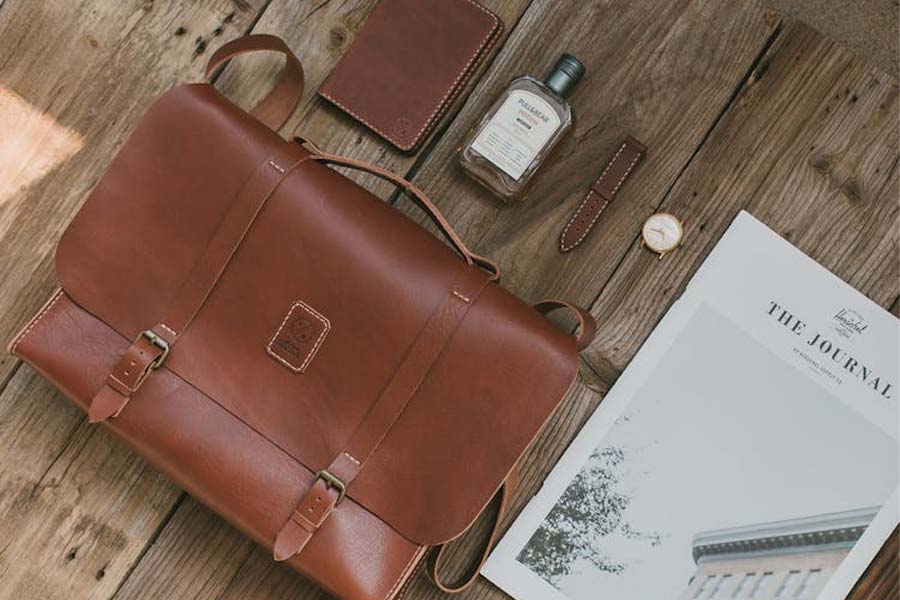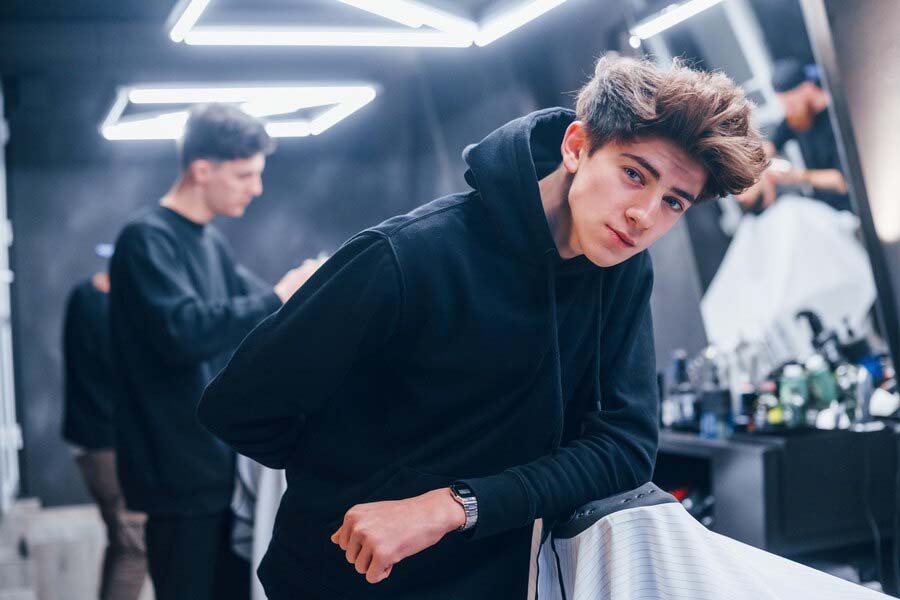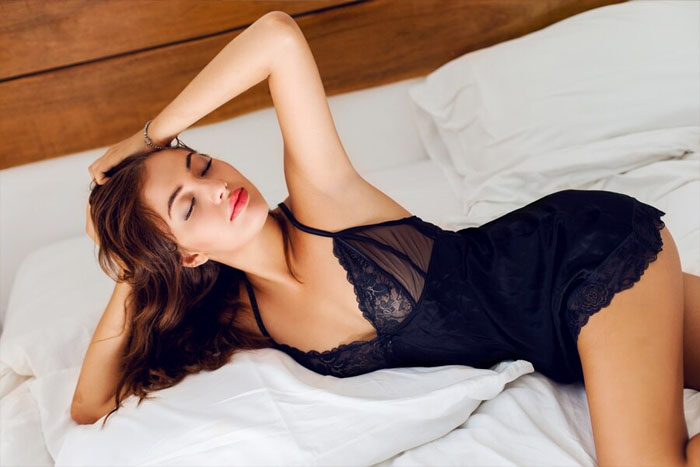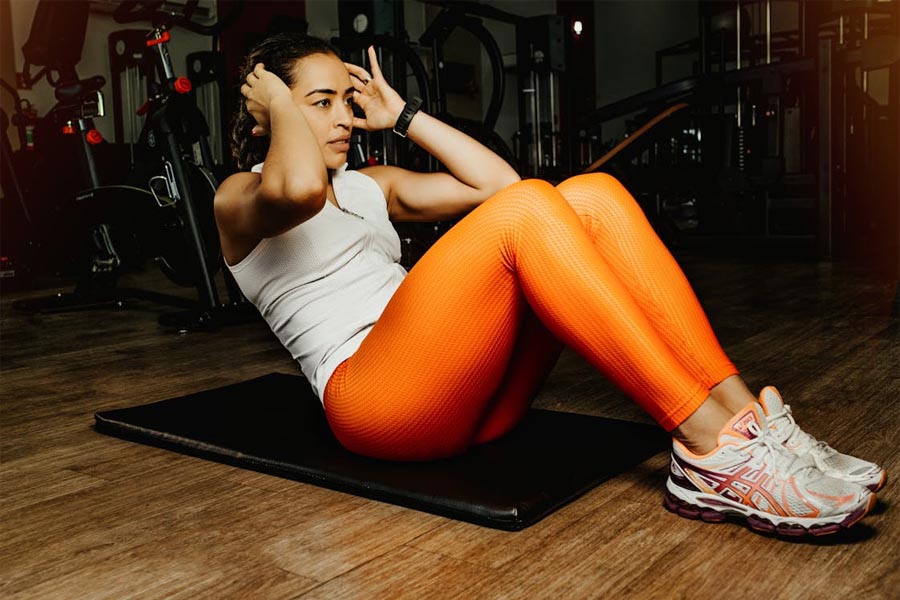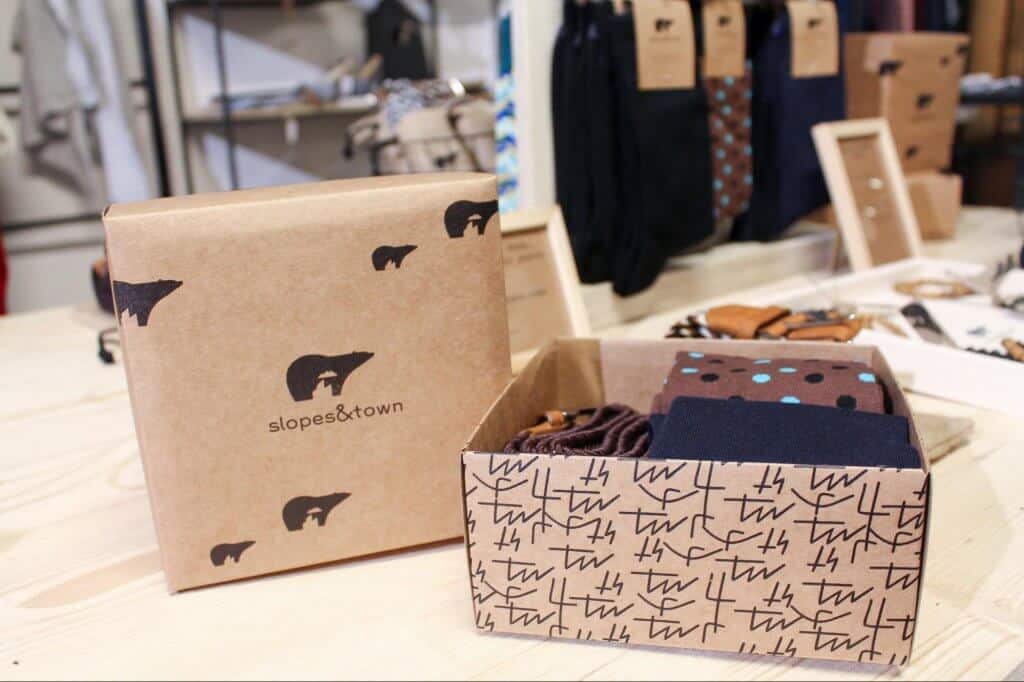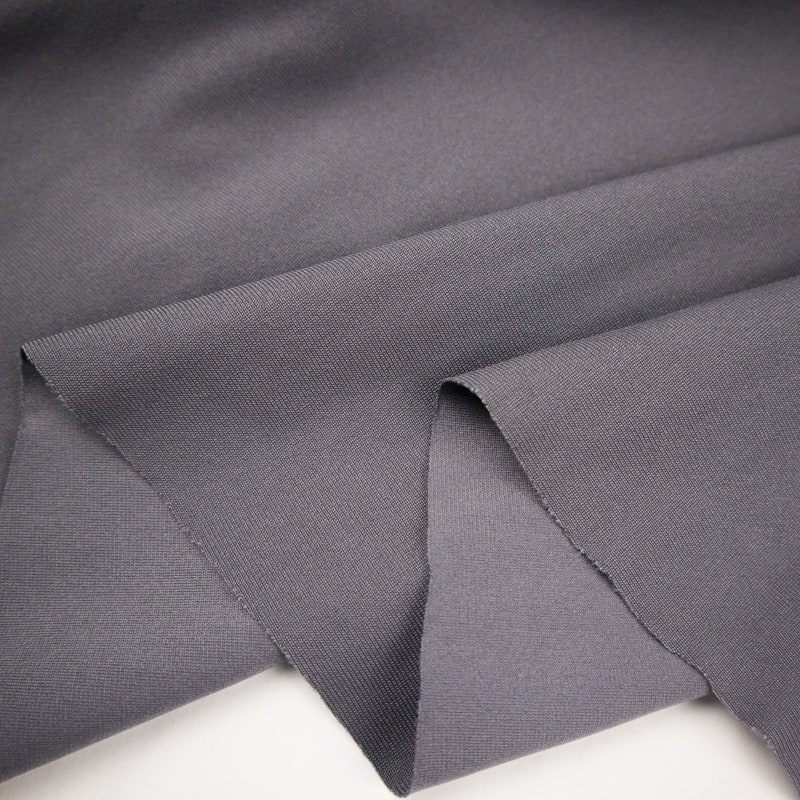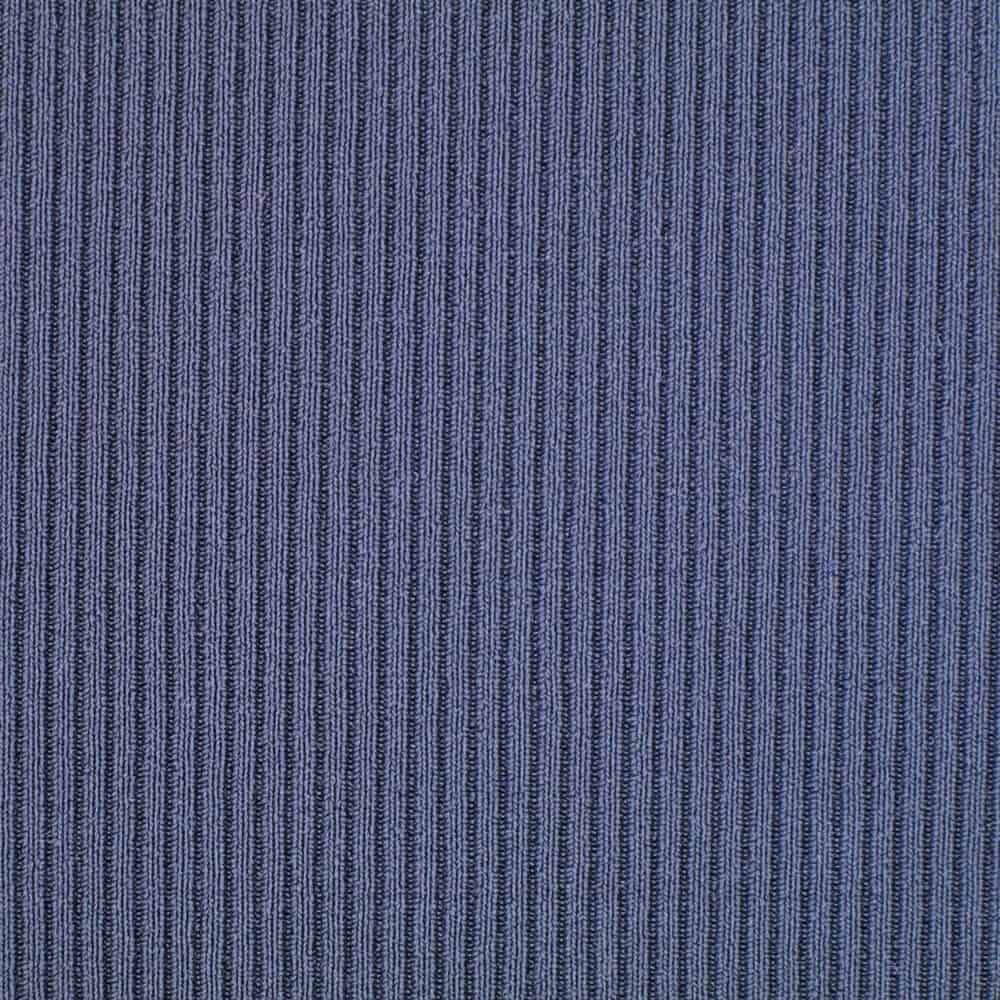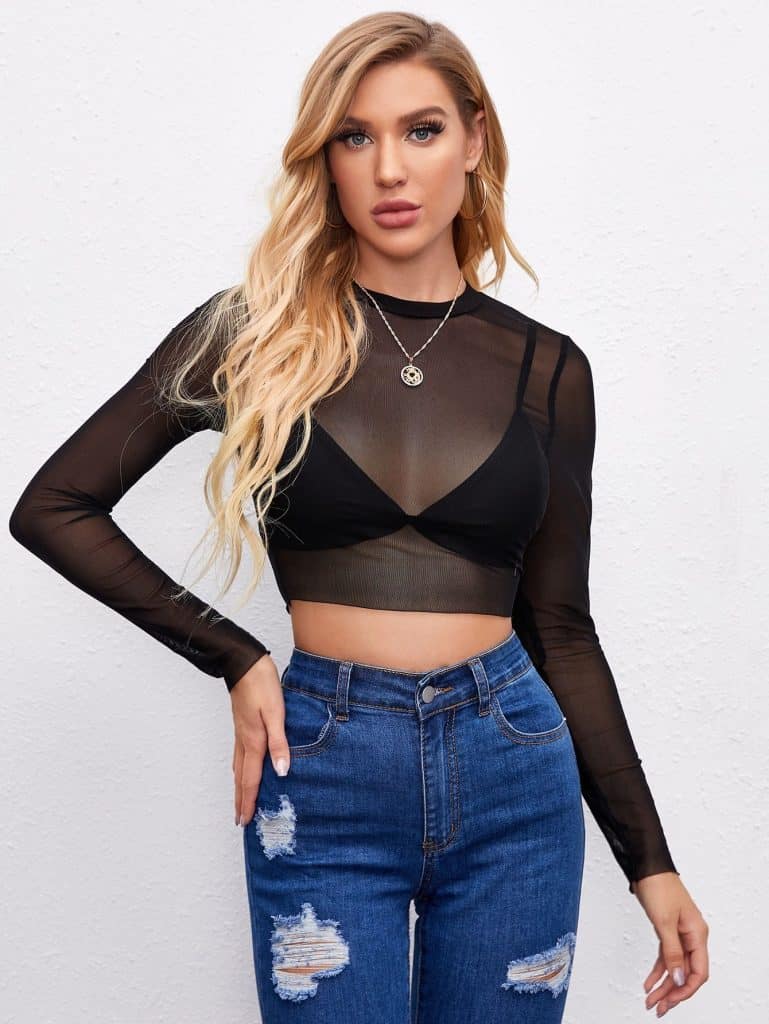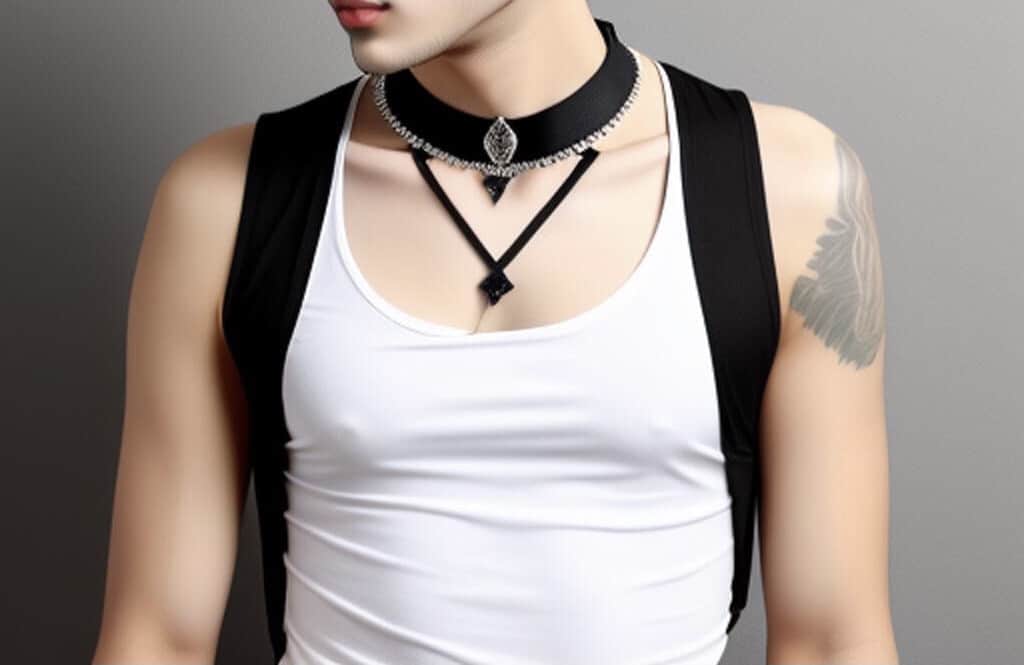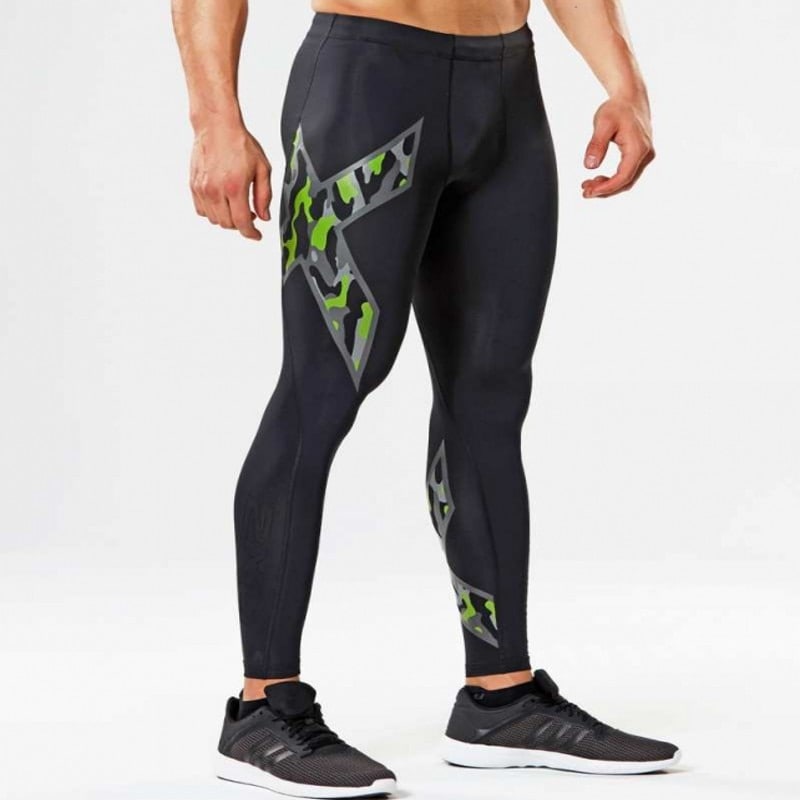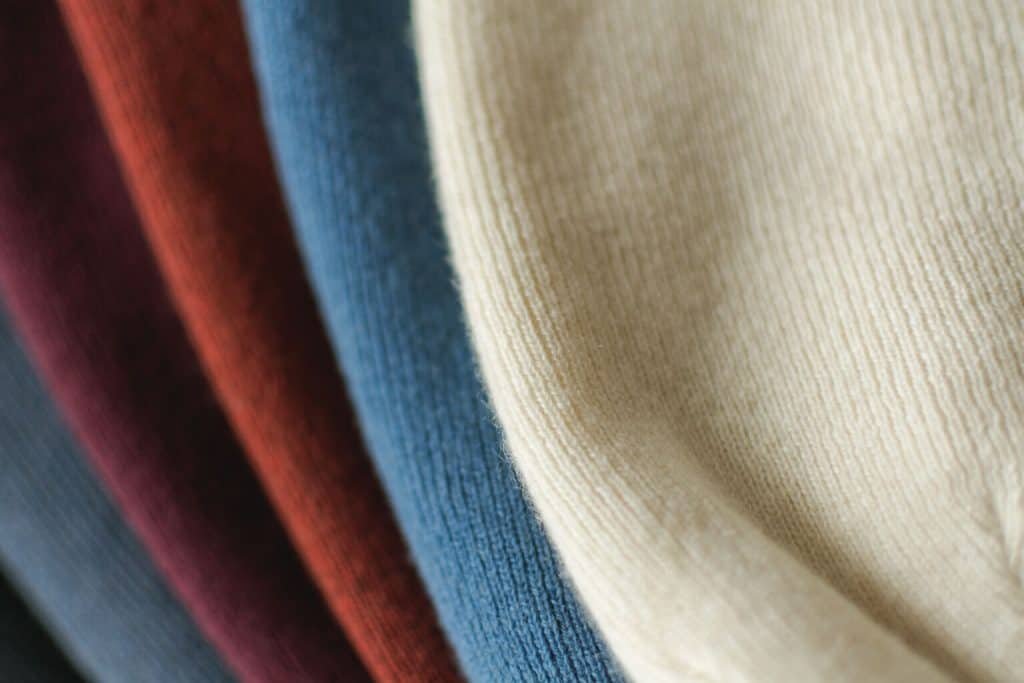
Wool is a fabric made from various animal hairs. A lot of people associate wool fabric with sheep. But this textile can also be made from other animals. These include sheep, goats, alpacas, camels, etc.
Sheep wool as a garment may have been around as early as 4000 BC. However, the first hard evidence of wool clothing dates back only to 1500 BC. The wool garment was first seen in the wetlands of Denmark.
What Is Wool Fabric?
Wool fabric is a naturally-sourced textile made from animal hair. These hairs come from sheep, alpacas, goats, camels, etc. Wool fibers can be woven into different types of weaves and dyed into various colors. These are used to make jackets, sweaters, overcoats, and suits. Aside from that, this fabric can also be used for home and industrial materials.
Today, wool fabrics remain favored by many. However many people have also opted for synthetic alternatives because of the unethical practices many people engage in when obtaining wool.
Characteristics Of Wool Fabric
Wool fabric is one of the most popular natural textiles today. Here are some of the technical characteristics of this fabric.
What Are The Types Of Wool Fabrics?
There are many types of wool fabric, with fibers from sheep being used the most. Here are the most common types of wool today:
Merino Wool
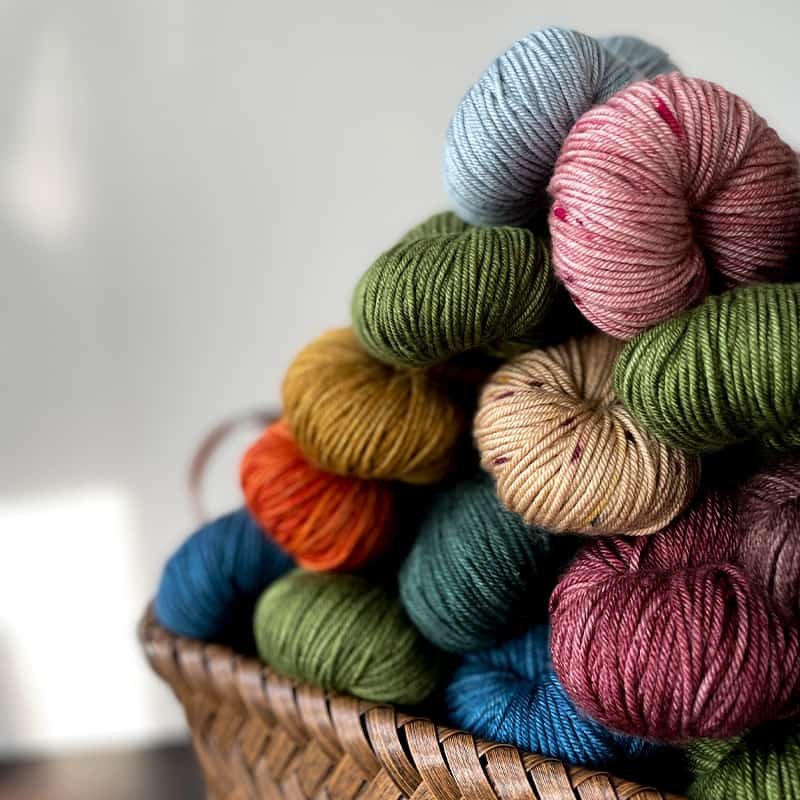
This type of wool comes from Merino sheep. It’s the most common type of wool. Studies show that Merino wool has a diameter of less than 20 microns. So, it creates thin, fine fibers, making it one of the finest wool products today.
Cashmere wool
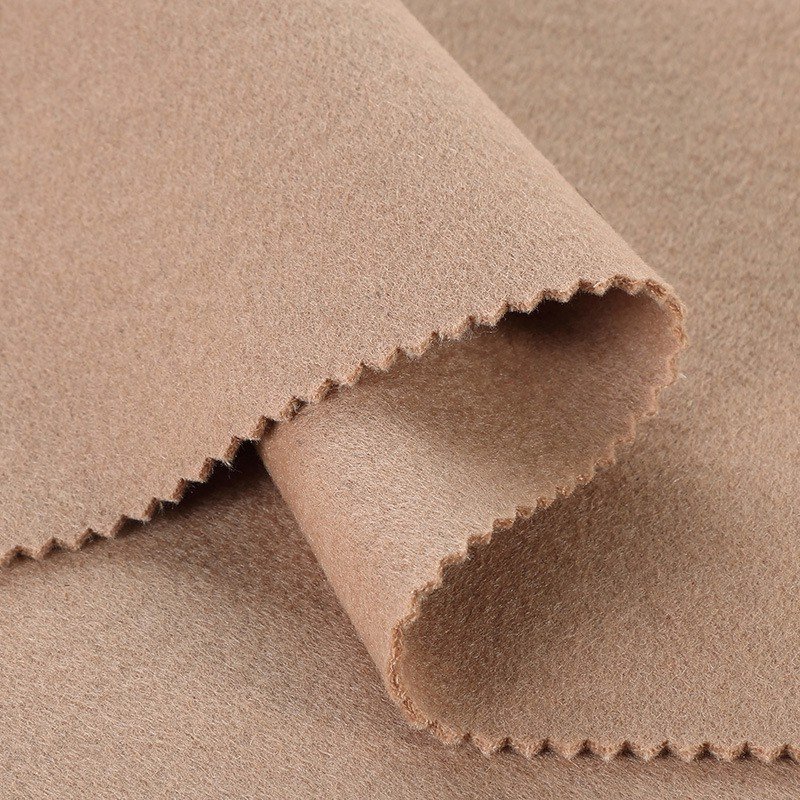
This type of wool comes from cashmere goats. Cashmere wool is silky, lightweight, and warm. It also comes with a luxurious sheen. Cashmere wool is expensive and rare. And it’s mostly used for winter and fall garments.
Mohair wool
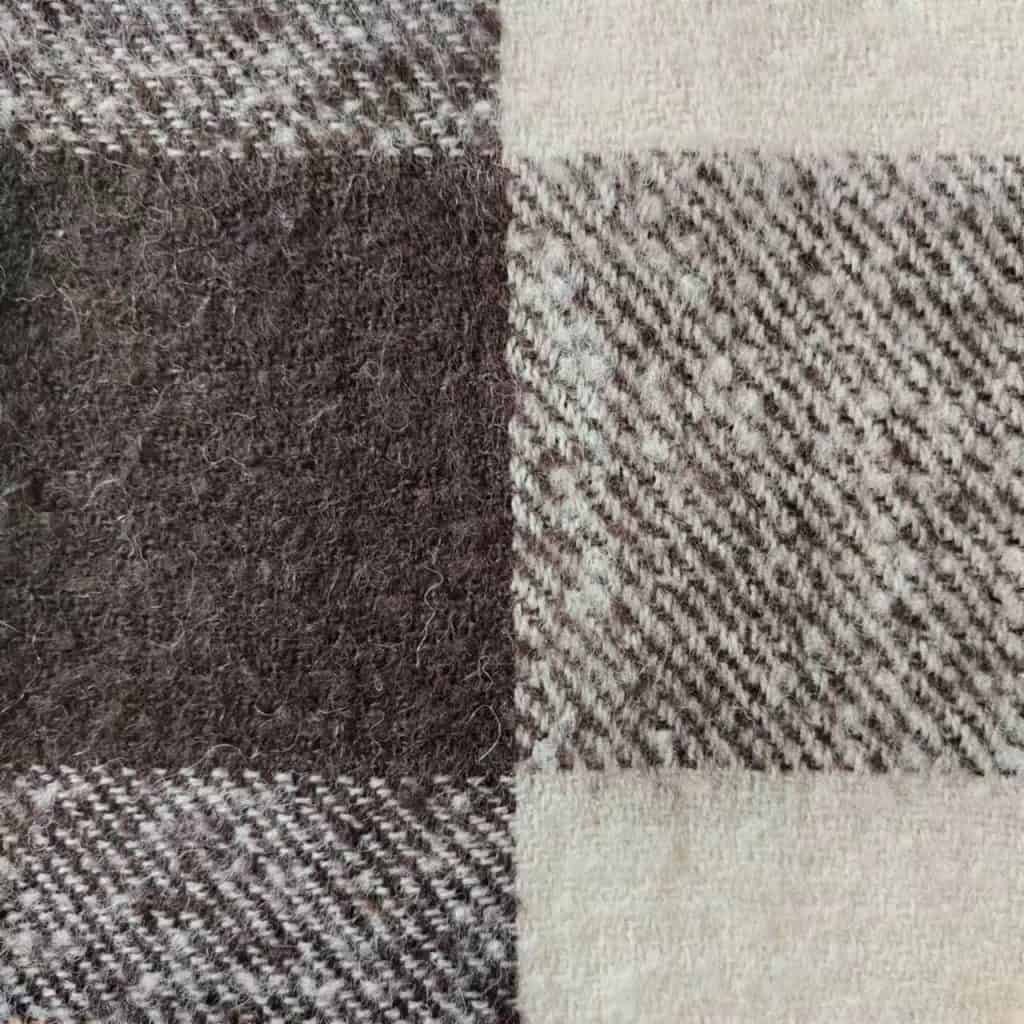
This type of wool comes from angora goats. Mohair wool is characterized to be thick and wavy. This wool is popularly used to make sweaters and carpets.
Alpaca Wool
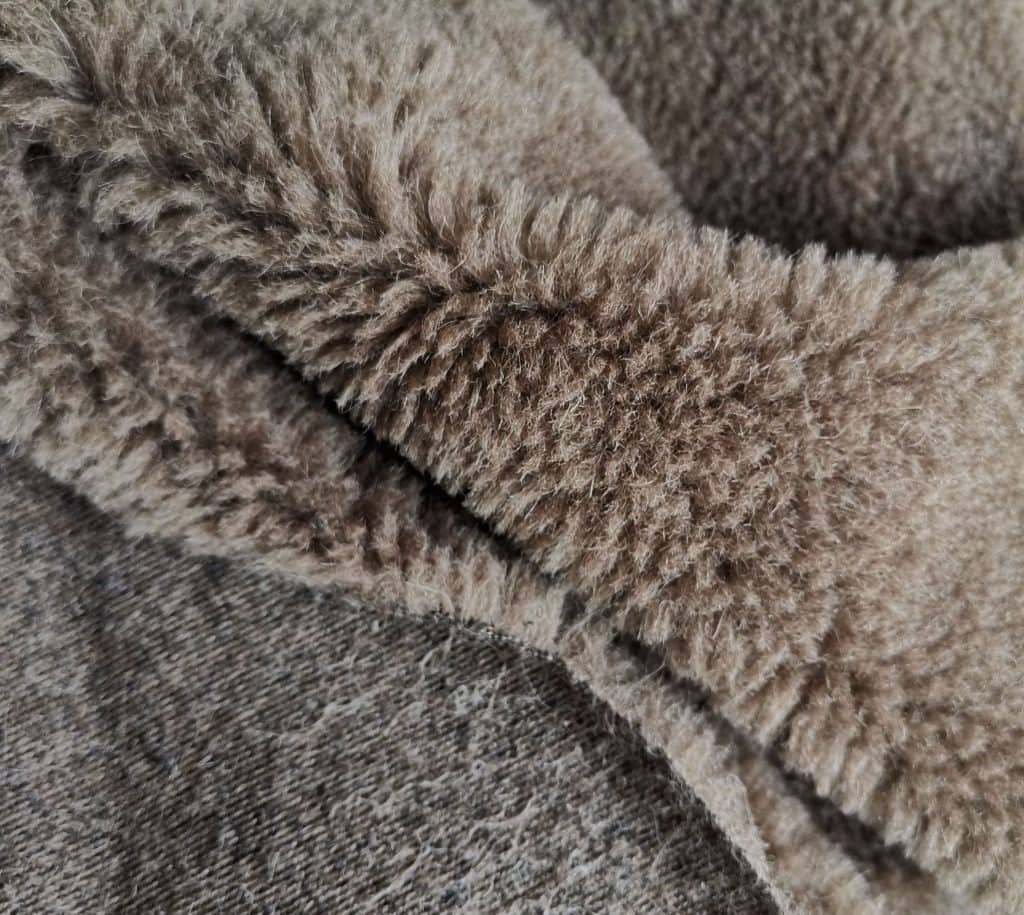
Coming from alpacas (the camel family), alpaca wool is silky and soft. It’s warmer than Merino wool and is naturally waterproof. Alpaca wool is also hypoallergenic– perfect for those with sensitive skin. Two known breeds produce alpaca wool.
- Suri alpaca wool: silky fleece
- Huacaya alpaca wool: soft and dense wool
Camel wool
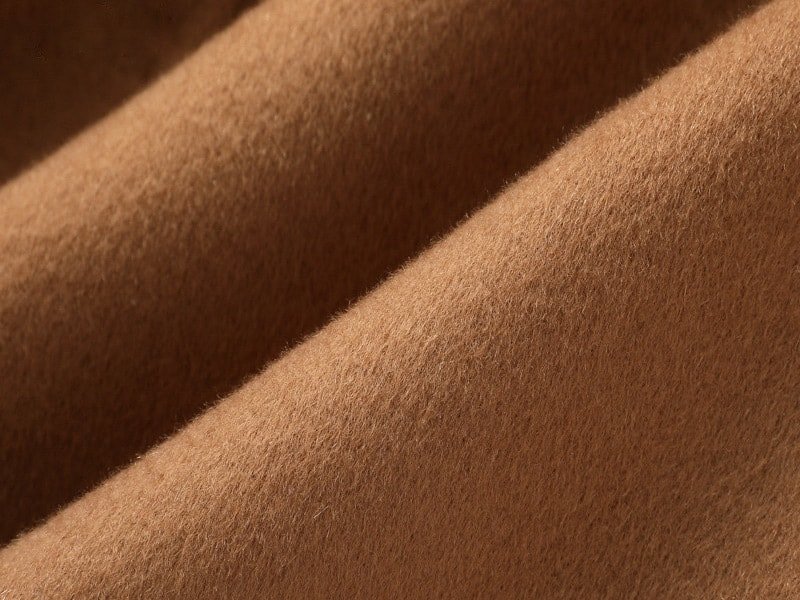
The Bactrian camel produces camel wool. This type of wool produces fine, soft, and elastic fleece. They naturally come in various shades of brown. So, most of the camel wool isn’t dyed anymore. Baby camels, on the other hand, produce fine, white wool.
Virgin wool
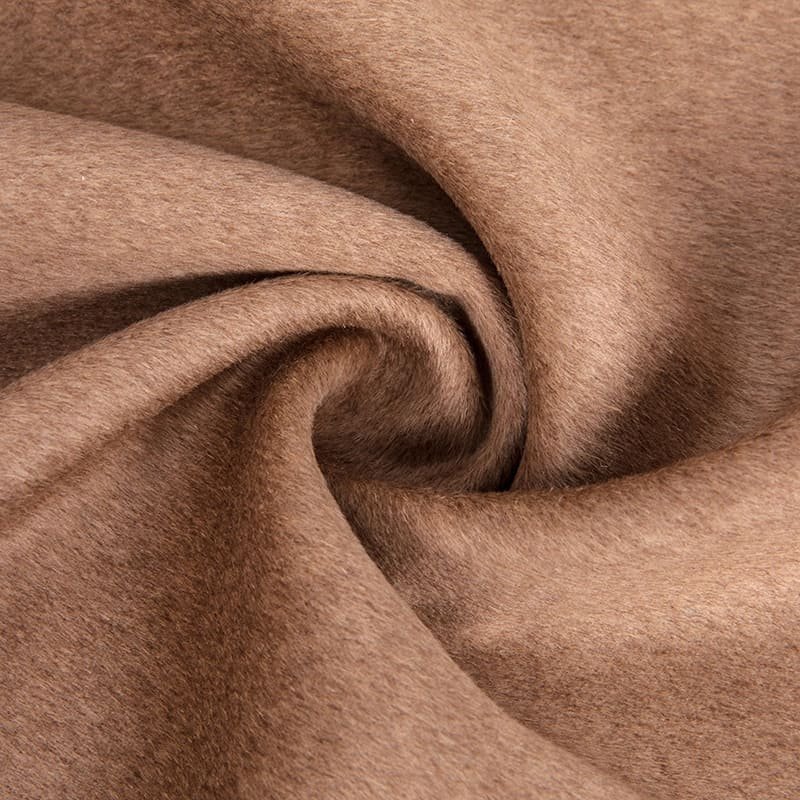
This type of wool is made from the first shearing of a lamb. Virgin wool may also refer to wool that was never recycled.
Angora wool
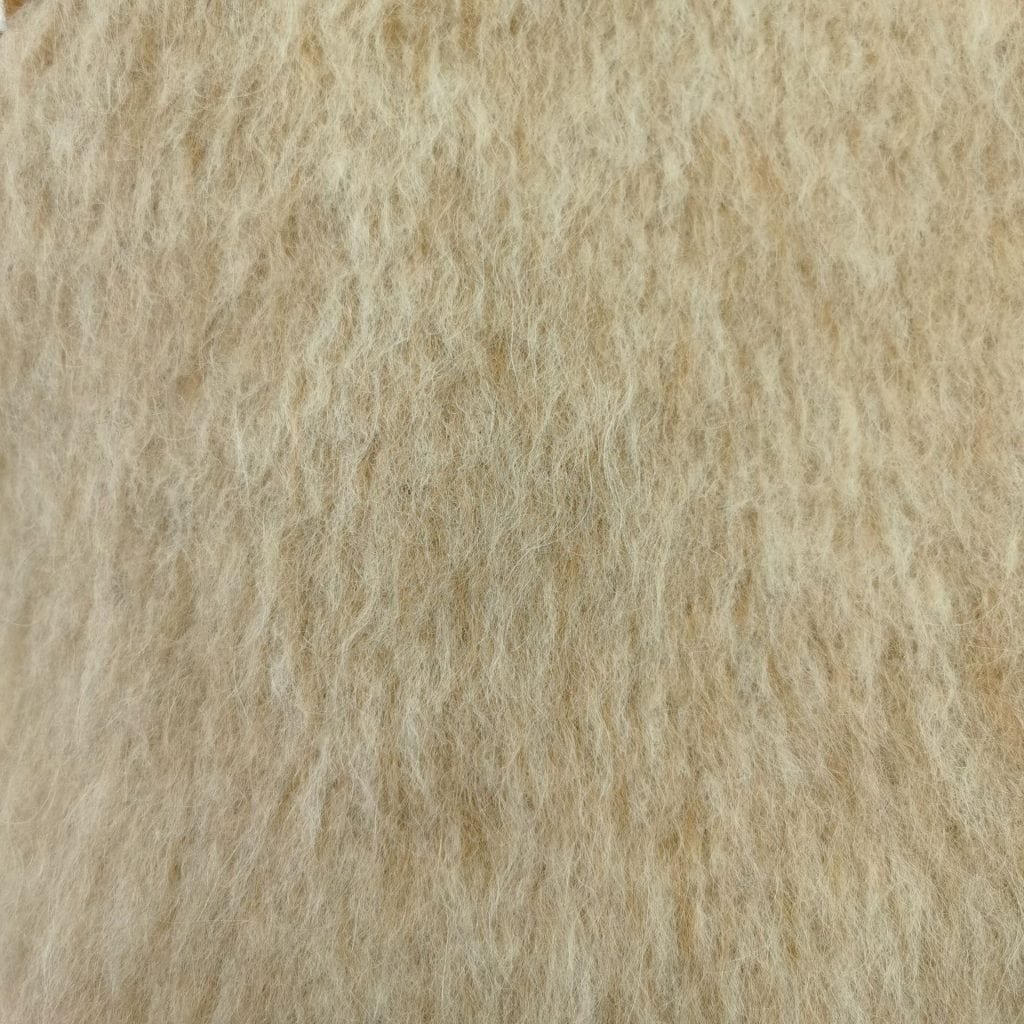
This type of wool is not the same as mohair wool. Angora wool comes from Angora rabbits that produce soft and fine fleece. This is a very expensive and rare type of wool.
Vicuna wool
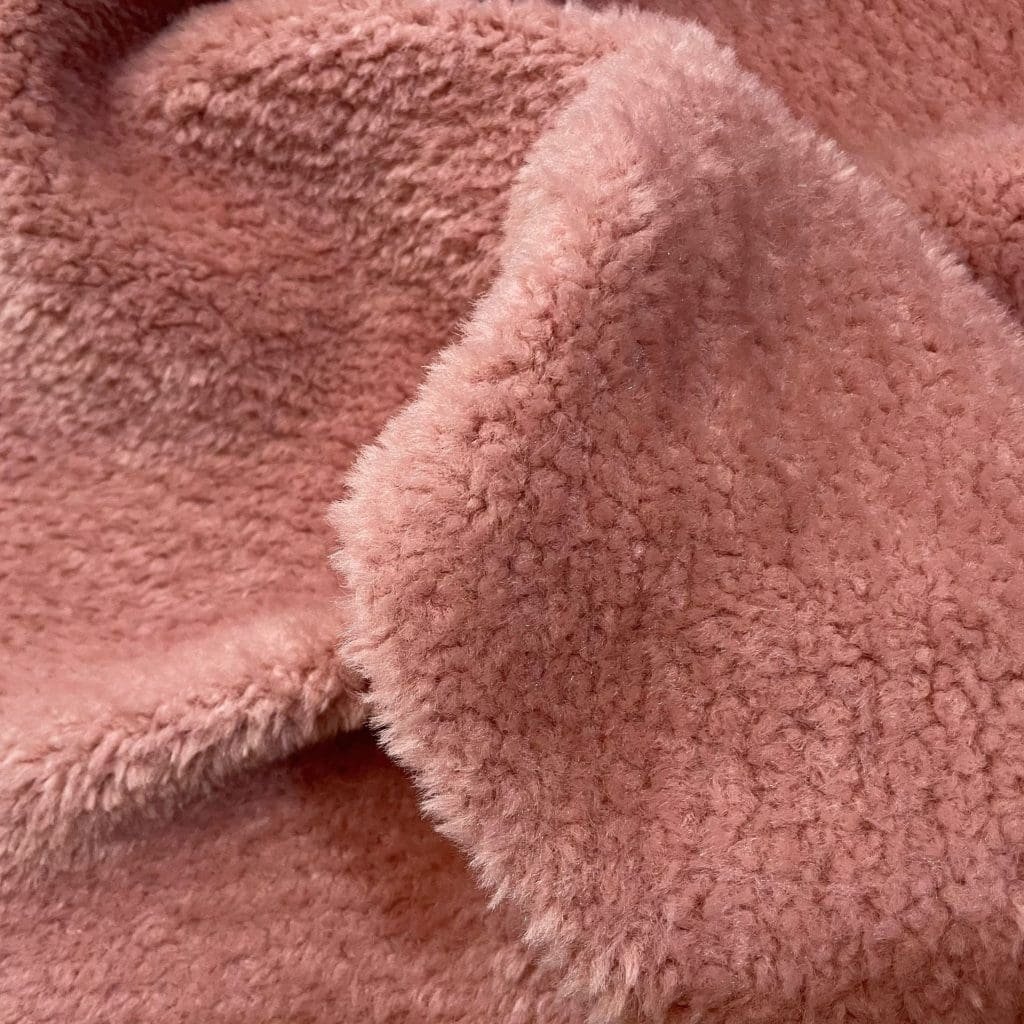
Wool fibers from Vicunas are the finest and softest wool in the world. Vicunas only shear off three times a year. So, vicuna wool is extremely rare. Vicuna wool comes in natural colors, so you don’t need to dye the fabric. Only royalties were allowed to wear vicuna wool before.
Llama wool
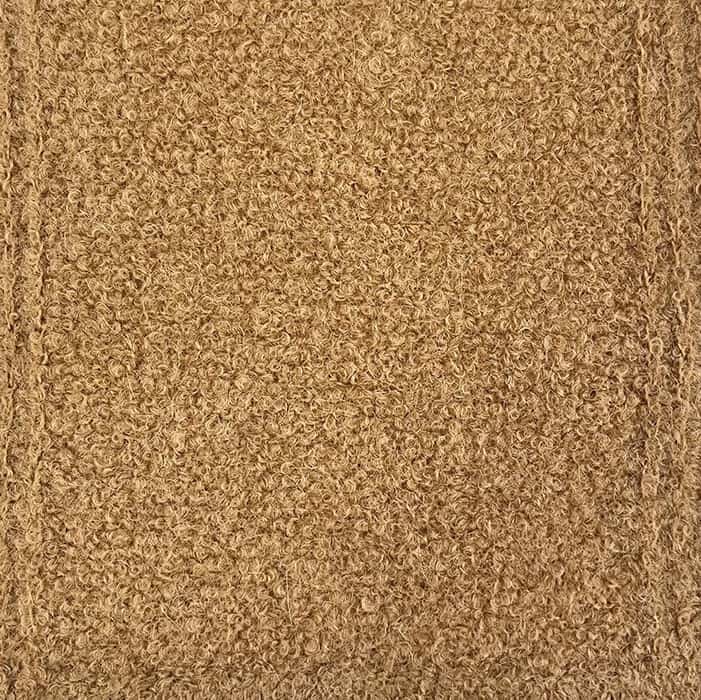
This type of wool is rough when worn directly on the skin. But llama wool works well with outer garments.
There are only a few breeders who produce llama fiber. So, it’s considered to be rare as well.
Qiviut wool
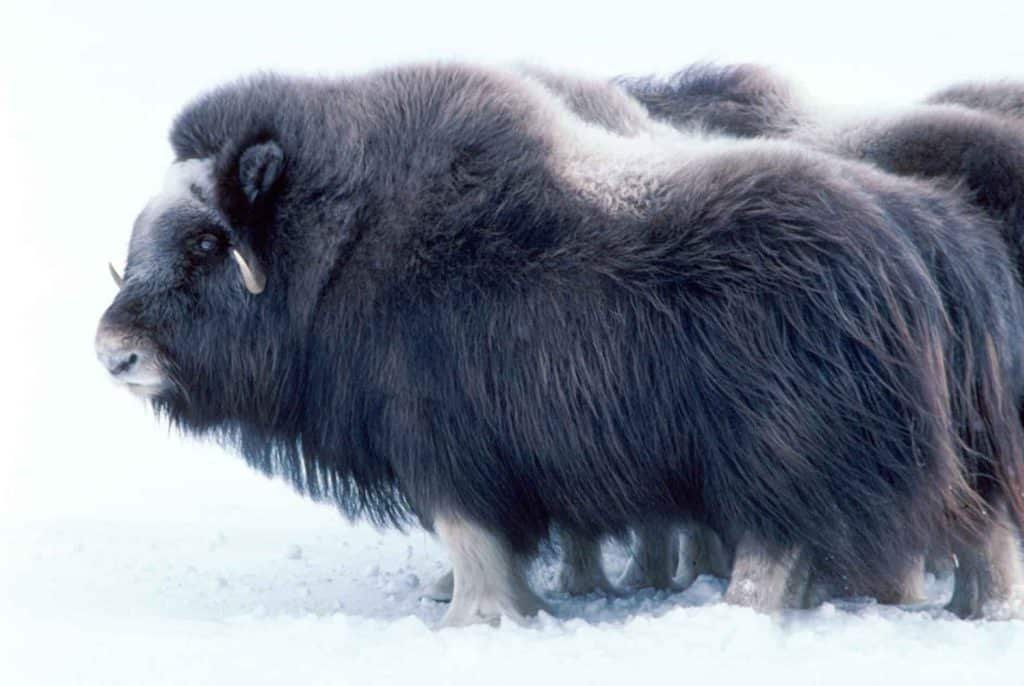
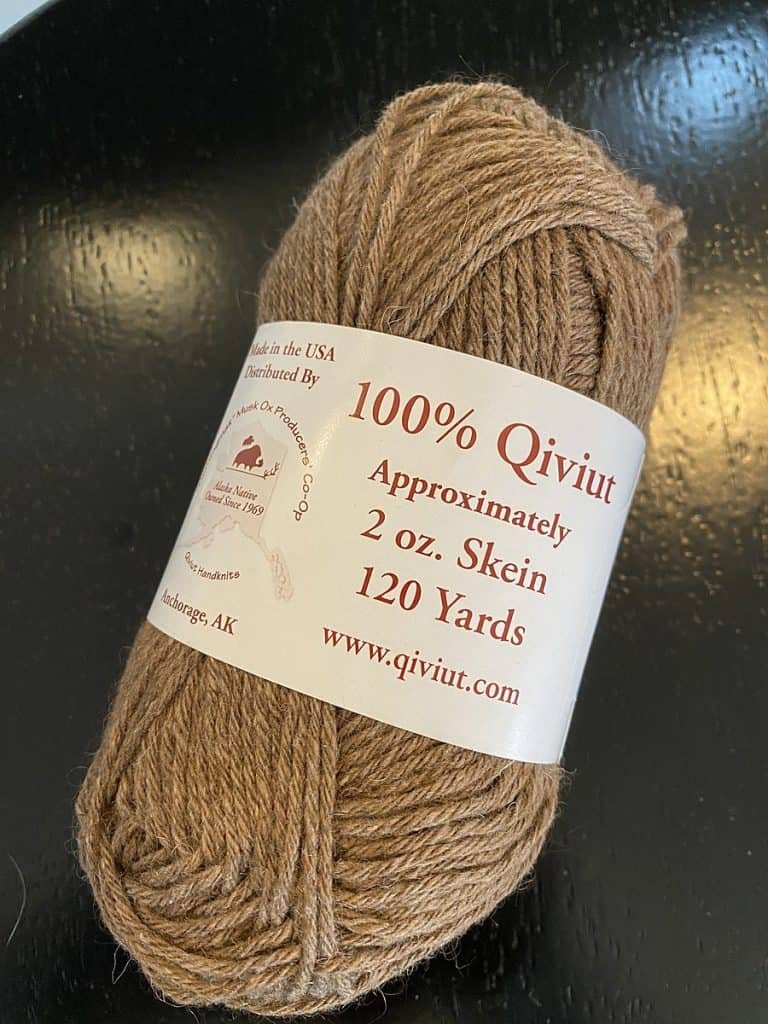 Source: Wikipedia
Source: Wikipedia
Native to Alaska, the qiuvut wool comes from qiuvuts, a type of musk ox.
Qiuvut wool is also rough, like llama wool. It’s eight times warmer than regular wool when worn.
Qiuvut wool is good for winter clothing. This includes hats, gloves, and coats.
Benefits Of Wool Fabrics
Wool fabric is often associated with winter wear. This is because of the fiber’s strong and insulating properties.
- Warm: Wool fabrics don’t conduct heat, allowing your body to maintain its normal temperature.
- Flexible: Wool fabrics are stretchable because their fibers are naturally elastic. Wool also has natural crimps (small folds and ridges). So it can maintain the wool product’s silhouette well.
- Durable: Wool fabrics are very strong and resistant to wear and tear.
- Good drape: Wool fabrics have natural crimps, giving a good drape.
- Water-repellent: Wool fabrics absorb moisture well.
- Easy to dye: Wool fabrics may easily be dyed to any color quickly.
Production Of Wool Fabrics
Wool fabrics are naturally sourced from animals. However, keep in mind that not all wool fabrics are ethically sourced.
Shearing of wool
Wool production starts with shearing the hair of wool-bearing animals. These include sheep, goats, camels, alpacas, etc. Some of these animals produce wool only once per year. But other animals shed wool multiple times a year.
Cleaning and processing of wool
The wool fibers are then cleaned and processed. They do this by removing the oils (greasy lanolin) from the wool. Most wool manufacturers remove this through the use of chemicals.
Spinning and weaving of wool fibers
The wool fibers are transferred to multiple machines to create the end product.
Step 1 – Carding: the process of transforming raw fibers into strands
Step 2 – Spinning: the process of turning the strands into yarn
Step 3 – Weaving: the process of stitching the yarns into fabric and/or end product
What Are The Uses Of Wool Fabrics?
Wool fabric is most popular in clothing. But wool can also be used for home and industrial furnishings.
Clothing, apparel, and accessories
Wool is mostly used for apparel. Finer types of wool can be used to make garments that touch the skin, like sweaters.
Coarser types of wool are used for outerwear, such as coats and suits. Aside from that, wool is also used to make fashion accessories and footwear, including hats and boots.
Home Furnishings
Wool can keep you warm. So, it’s a common fabric material to make blankets and quilts. Wool fabric can also be used to make upholstery and carpets.
Industrial applications
Wool fabric makes a great equestrian material. This textile can be made into saddle pads and blankets for horses. This fabric is also good for insulating sound.
It improves the sound quality of a room by reducing echoes and reverbs. It can be made into wool acoustic panels—wall tiles, desk dividers, floor coverings, panels, etc.
Conclusion
Even with the rise of synthetic fibers, wool fabrics still remain one of the most popular textiles today. The fabric’s insulating properties make it good for winter clothing.
However, the future of wool remains unknown. That’s because of the unethical ways many source their wool fibers to maximize profits. We suggest looking for wool fabrics that are sustainably sourced instead.

